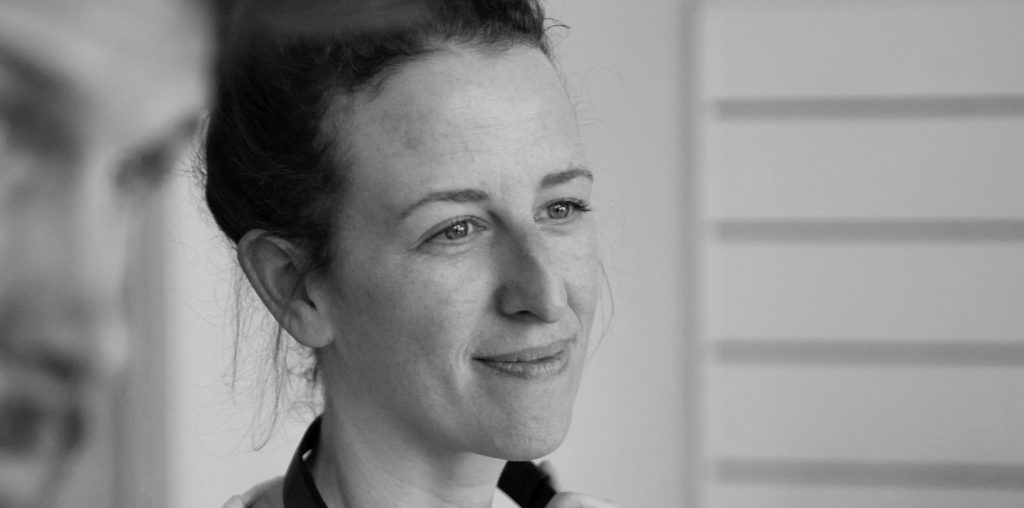
MTV has so much to answer for. In this case, it’s for writer/director Isaac Eaton and his first feature, “Shadow Hours”. Eaton attempts, as one character states, to show a Los Angeles that makes “Dante’s Inferno” look like “Winnie the Pooh”. There’s a bit of “Faust” in a story about the young, hapless Michæl Holloway (Balthazar Getty). Following a stint in drug rehab he marries the loving but one-dimensional Chloe (Rebecca Gayheart). The young couple can barely make ends meet with their first child well on the way. The best job Michæl can find is the solo graveyard shift at a Hollywood-area gas station.
Now, as any ex-junkie knows, two roadblocks to continued sobriety are: 1) close proximity to the elements that made you a junkie in the first place, and 2) too much idle time by yourself. With the dregs of L.A. and some nearby murders, you can check off both items for the Hollywood night shift, five times a week. Michæl’s jitteriness is disturbed by Stuart Chappell (Peter Weller), THE MOST JADED MAN ON EARTH. Offering his new young friend money to be his drinking buddy/sounding board, Stuart teaches Michæl how he happens to cope with extreme boredom with a tour of the Los Angeles “underground”. Hilarity and a bad knock-off of “8MM” ensue.
OK, I’m not one to mock the personal lives of actors. However, there are so many famous past and present drug addicts in this movie that you might wonder where Charlie Sheen and Robert Downey Jr. were the day they were casting the picture at the Beverly Hills chapter of Narcotics Anonymous. With the combined knowledge and experience of this group, you would be led to think this film would have a more authentic depiction of some of L.A.’s more out-of-the-way “entertainment” establishments. What we get appears to be someone’s (I would guess Eaton’s) vague idea of what they could find based only on other films. The cast, which includes Brad Dourif, Peter Greene, and Frederic Forrest, are left to chew whatever scenery they can find.
The script is only part of the problem. Eaton is guilty of the same sin that is cutting a wide swath through Sundance and other film festivals: He treats his movie as some sort of audition for studio flicks or music videos instead of focusing on what’s best for the work at hand. Too many indie films I’ve seen this year were muted or destroyed by filmmakers who refuse to understand that loads of flashy cinematography and quick edits do not equal good movies. The best movies employed only that which best told the story and didn’t try to impress the audience with how slick and expensive they looked.
Director Eaton could have created a cautionary tale of the temptations and dangers in the shadows of the city and what it takes to pass from this darkness to the light. Instead, we get an example of what happens when you put your ego and resume ahead of your movie.
